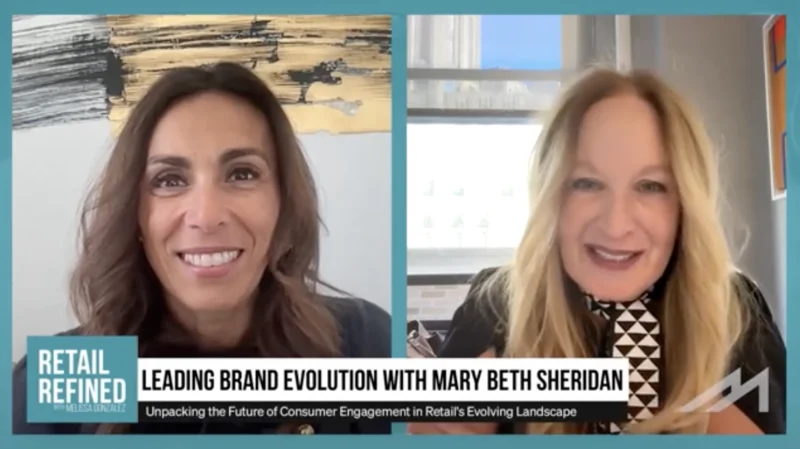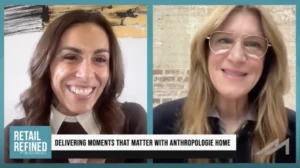E-Commerce Giants are Changing the Way You Make Dinner
Grocers are facing a dilemma. A new study by Nielsen and Food Marketing Institute predicts 70 percent of grocery shopping will be done online by 2024. Thus, it was a visionary move for Amazon to purchase Whole Foods. The e-commerce giant had been trying to gain market share in the grocery business for some time and the best solution was to acquire, rather than go it alone. Now, it has cornered the market on organic, healthy online food shopping.
Because foot traffic in grocery stores is expected to decline in coming years, especially among millennials and Gen Z, grocery stores are expanding options to meet consumer demand. As digital natives, these generations want a more convenient online experience, rather than walking the aisles of their local grocery store.
The reality is that business is booming for online grocery shopping, so other big-name brands are finding ways to compete. Kroger, the largest grocery store chain in the U.S., is collaborating with Alibaba, a Chinese ecommerce leader. Feeling the pressure to compete with Amazon and Wal-Mart, Kroger chose a partner that deeply understands e-commerce in order to remain relevant.
Instacart is another example of consumers desiring ease with grocery shopping. Instacart partners with brands like Costco and Target to shop for customers and deliver goods to them directly. Essentially, Instacart has become the Uber of grocery delivery.
What is interesting about all these ecommerce platforms is their need to still partner with brick-and-mortar stores. These partnerships allow for every player to win, which does not usually happen when talking about e-commerce and brick-and-mortar. Due to the very nature of this business—the need food fresh, and perishables cold—it makes sense that these two channels would have to work together to meet the needs of a changing industry. E-commerce simply cannot treat groceries like they do other products.
As the demand for groceries ordered online and either picked up or delivered grows more grocery stores will need to seek out these partnerships if they want to survive in the business.








